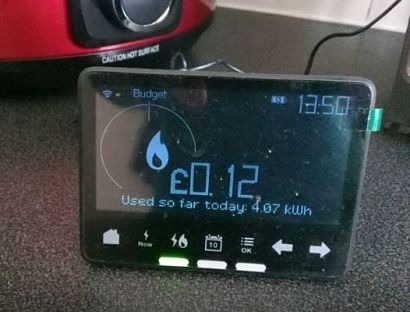
The study, undertaken by Ximeng Fang, a Postdoctoral Research Fellow at Saïd Business School, alongside researchers from a number of global institutions, found that, when applied alone, smart meters – which offer users real-time data on their energy usage – were effective in encouraging households to conserve energy when showering. Information on users’ environmental impact, delivered through a shower report offered via email, meanwhile, was ineffective when used on its own.
However, the researchers found that these methods, when used together, were considerably more effective in encouraging energy conservation than when either was used in isolation.
They studied the effect of both sets of information on 351 students living in single-person dorm apartments and with a private bathroom within student dormitories in the cities of Bonn and Cologne, Germany, in the winter term 2016/17.
In sharing both sets of information, the complementary reports plugged a knowledge gap around the environmental impact of showering, and increased awareness about how much energy users were actively consuming, thereby effectively encouraging energy conservation.
“People across many countries are increasingly concerned about environmental problems like climate change, and many say they are willing to act in more sustainable ways, including through behavioural changes in their personal lives” said Ximeng Fang from Saïd Business School, reflecting on the study. “However, people’s actions are often not consistent with their stated intentions. One reason is that there are usually no direct feedback mechanisms on the environmental friendliness of our actions.
In our research, we find that individuals are significantly more likely to engage in household energy and water conservation if they are constantly reminded through smart meters that provide real-time feedback. What’s more, individuals who received information on the carbon footprint of water heating did not engage in additional conservation efforts unless they also saw real-time feedback. This suggests that abstract knowledge alone is not enough, we must also keep environmental concerns at the top of our minds when it really matters.”
The paper, Complementarities in behavioral interventions: Evidence from a field experiment on resource conservation, has been published by the Journal of Public Economics.
For additional information:

